Sword and Soul

by Wongile
Charles R Saunders, the father of Sword and Soul, describes it as African inspired heroic fantasy. Africa has mythology, pantheon systems and folklore just like any culture. Sword and Soul celebrates this heritage by having fiction grounded in a world where African mythology functions as truth. This genre has fantastic beings as characters and plot lines that revolve around magic. And as any good heroic fantasy this is embedded with elements of adventure. It showcases the ability of the human spirit to overcome whatever foe it faces be it magical or non-magical. Weaponry is also a big part of Sword and Soul; most stories in this genre involve characters using spears and swords.
Sword and Soul fictitious works are set in pre-colonial Africa where African culture is unadulterated by western influences. Sword and soul is rooted in positive portrayal of African culture, something that is so necessary since most of fiction to do with African history centres around African people's oppression such as slavery and colonisation. As an African, it gives me great personal satisfaction to write fiction that gives fellow Africans and non-Africans a glimpse of our culture was before western interference. My favourite thing about this sub-genre is that it shows off the rich complexity of African culture.
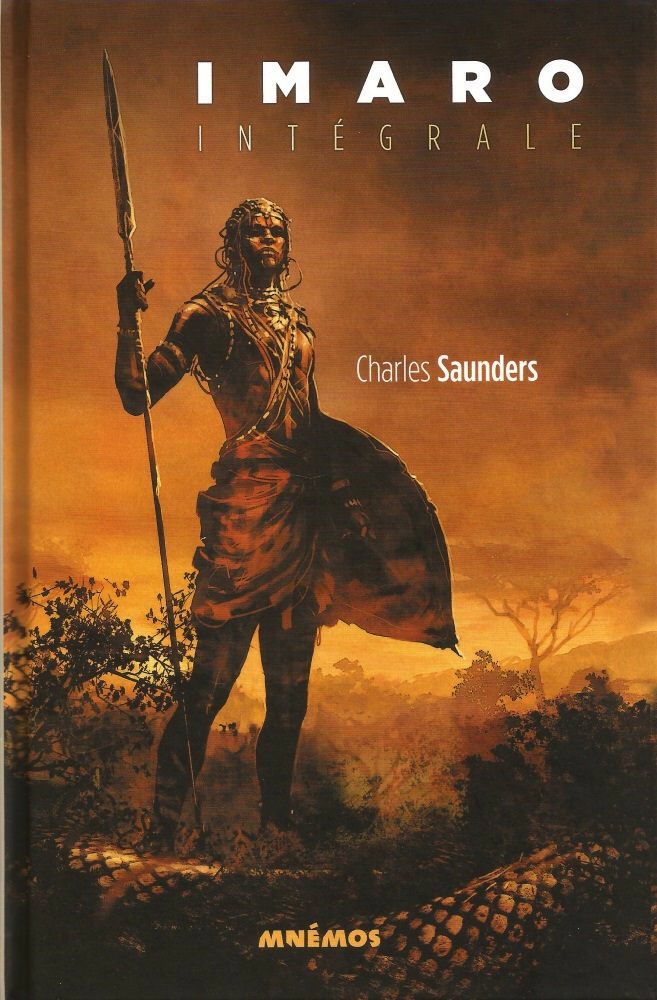
African culture comes in many variants after all they are 54 countries in African and over a thousand ethnic groups within Africa. Every ethnic group has its own unique culture however they are common denominators among the vast majority of African cultures such as collectivism, moral values, religion and performance-oriented rituals. Religion permeates every aspect of African culture; cuisine, behaviour and environmental ethics. Contained within most African religion is sorcery, which is big part of a lot of people's daily lives. Shamans hold a key role in traditional society as they are seen as mediums between the physical and spiritual world. They act as doctors, counsellors and prophets. These various aspects of African culture are reflected in sword and soul's themes and characters.
Sword and soul explores a multitude of themes such as magic, heroisms, good versus evil, self-discovery, prophecy, survival, collectivism and sacrifice. Humans and mythical creatures feature as characters in this sub-genre of literature. Mythical creatures such as ancestral spirits, magical beasts, deities in forms of animals and/humans. Normal humans, witches, soothsayers and shamans also feature as characters. This sub- genre has strong elements of adventure therefore protagonists in these tales are usually altruistic, brave and clever. Protagonists are often required to use strength as well as intelligence to outwit powerful foes such as supernatural beings.
One of the classics in Sword and Soul is Imaro, a novel written by Charles R Saunders. His novel, which is set in ancient Africa, comprises of six stories following the life of an outcast Nyumbani. Nyumbani fights human as well as inhuman foes and searches for acceptance in a society that sees him as an outcast. This story has elements of Swahili culture particularly in nomenclature.
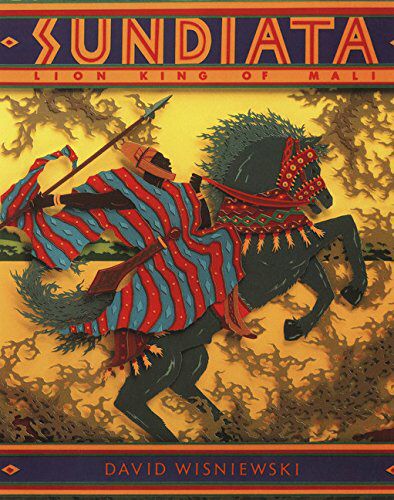
Another sword and soul story is the epic of Sundiata. The epic is a biography of the Mali's 13th century leader Sundiata Keita. The story is an epic poem of Mali's native people called the Malinke. It was collected and transcribed by Ecole William Ponty and Djibril Tamsir Niane. The story follows Sundiata's conception, his childhood and his rise to power as King of Mali. Sundiata was born with a disability and was mistreated because of this. His epic details how he struggled to walk, how he fought his half-brother for the throne and established the Great Empire of Mali. This historic story is embedded in the culture of Mali; the plot involves magic, religion and other cultural references.

Example of Sword and Soul Fantasy on Wattpad:
Kaulimi by Wongile
I am Wongile Mbano, a newbie African writer whose works fall in the genres and sub-genre of Sword and Soul, romantic fantasy and Cyberpunk. I am from Malawi, a country in sub-Saharan Africa. My play Kaulimi falls in the Sword and Soul sub-genre. Below is the synopsis of the play.
Synopsis:
What happens when your village is invaded?
And you are forced to marry one of your invaders?
You ran away.
Yalenga flees her village after finding out she has been betrothed to one of the men that invaded her village and killed her kinsmen. To where? A mystic province where only women are allowed. Kaulimi, some say it is a myth, some say it is real.
Yalenga soon finds out that she is not prepared to be on her own in the forest. What will happen? Will she survive? Or will her journey end in the forest?
The inhabitants of Kaulimi province are highly trained female warriors that are proficient with spears, blades and arrows. This story tackles the misogyny rooted in African traditions such as child marriages. As well as highlighting the feminism that exists in traditional society by showing women fighting obstacles such as dangerous animals, aggressive tribes and elements of nature. Every scene of this play has a conflict that is embedded in an aspect of Malawian mythology. Magical beings, witchcraft and shamanism are a big part of this play.
I write works that fall under sword and soul because I enjoy using my culture as a template for my fiction. Sword and Soul allows me to use Malawian legends, myths, folklore and nomenclature in a fast pace action plot. I also find it fulfilling to educate Africans and non-Africans about my rich culture through fiction.
Excerpt:
There is a river in front of them it has pots inside. There is a hut in the background. Wamaka has an Impala on her shoulders.
Yal: Why do we have to sacrifice to the river?
Wam: (Exasperated) Do you know nothing? If we do not sacrifice to the river one of us or both might drown. The spirit that lives in the river is always looking for a wife. If we give it a sacrifice it will be so distracted with the game it will let us pass. (she moves the impala from her shoulders to her arms)
Wamaka kneels down, placing the impala in the river.
Wamaka: Spare us, spare us, you from the wind
Spare us, spare us simple mortals
Take our humble offering instead.
Spare us as we cross your waters.
She rises slowly, and crosses, stepping on the pots placed in the river. Yalenga follows slowly. They see an old woman with long dreads walking in front of them with a pot on her head.
Yal: Grandmother, Let me carry that for you.
The old woman turns, laughing and lowers the pot. Yalenga picks it up and places it on her head.
Gogo Nyauzembe: (smiles exposing her toothless gums) Thank you sweet child.
They follow her to her hut, which is not far.
Gogo Nyauzembe: Could I trouble you again my children?
Yal: Of course Abuya.
Gogo Nyauzembe: Could you draw water from me in these pots.
Yalenga and Wamaka take the pots. They are outside her hut and out of her hearing range.
Wam: (In annoyed tone) Why did you do that?
Yal: Do what?
Wam: Take the pot from that woman.
Yal: (Shocked) Where were you brought up? In Nkhamanga we serve the old.
Wam: She is crazy! Did you see her hair?
Yalenga: Okay, her hair is a little weird but aside from that she seems okay to me.
Wam: She could be a witch! Or a spirit from the mountain! Yalenga I do not feel comfortable staying with her.
Yal: (In a mocking tone) Don't be paranoid. She is just an old lady.

Inspirations:
Setting
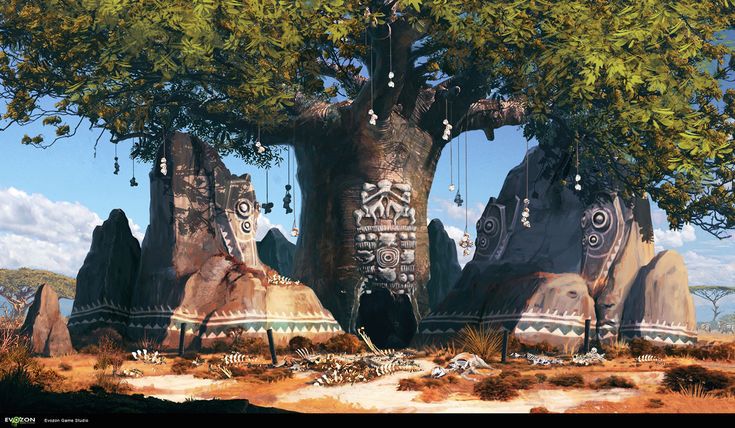
Characters
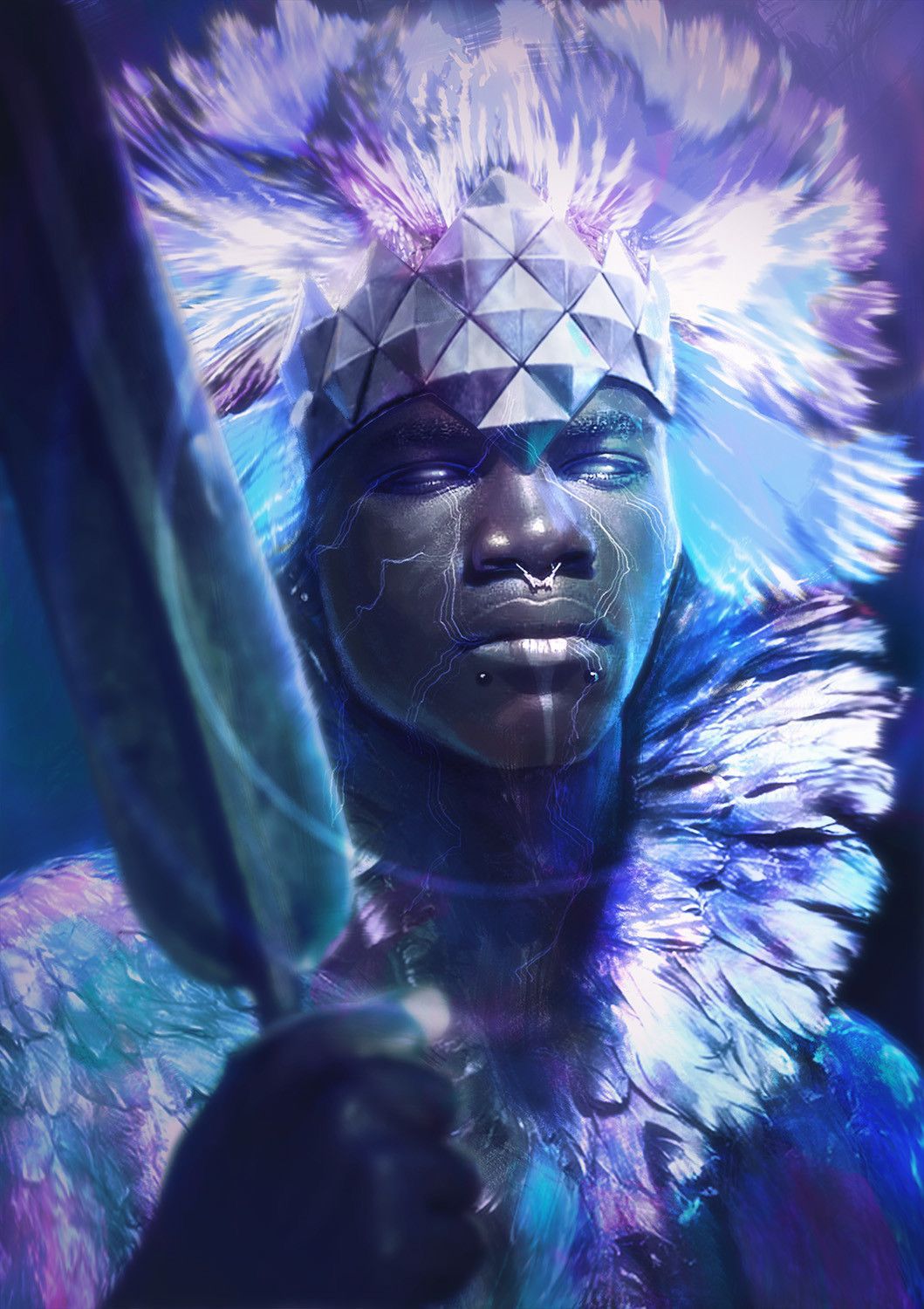
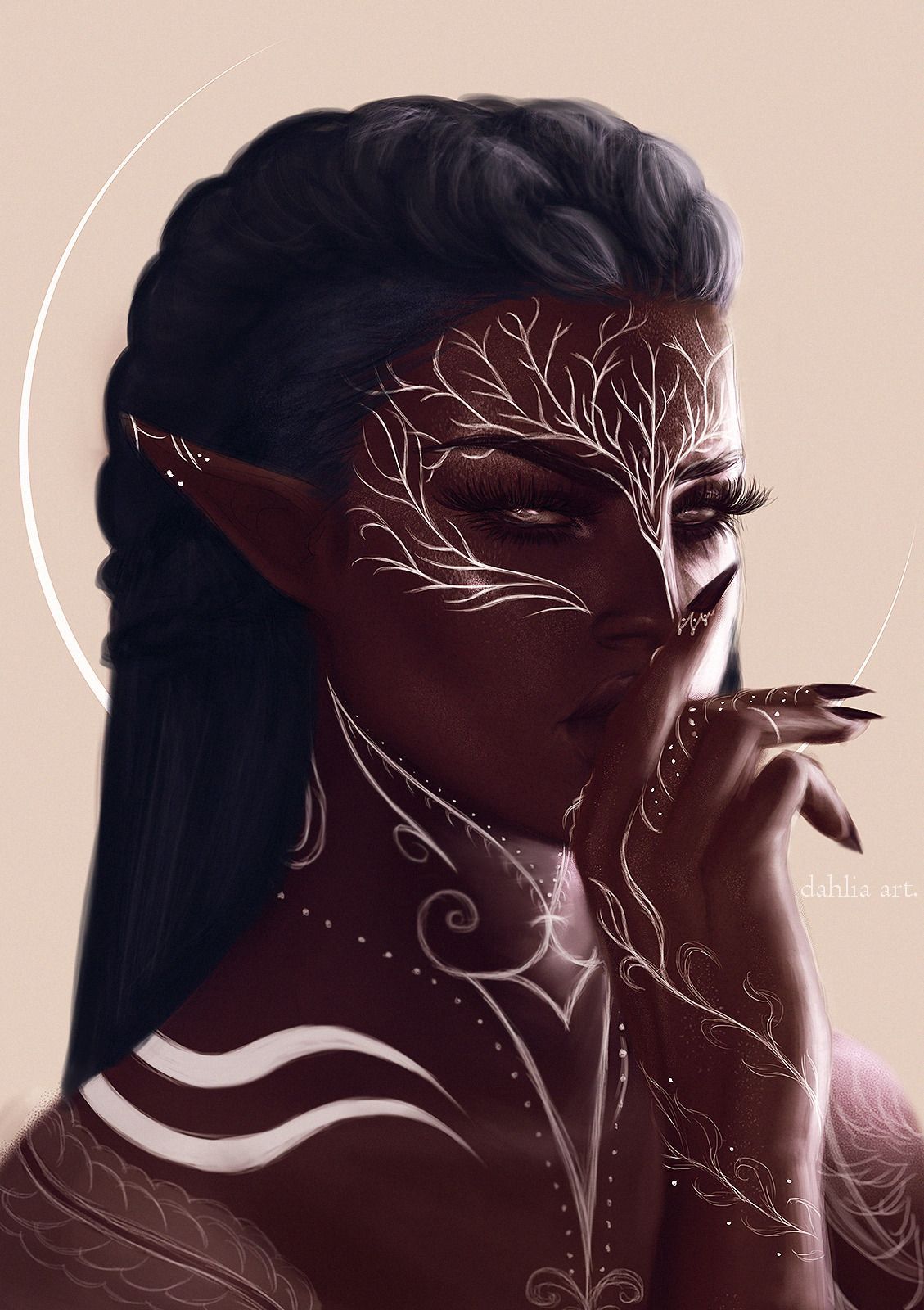
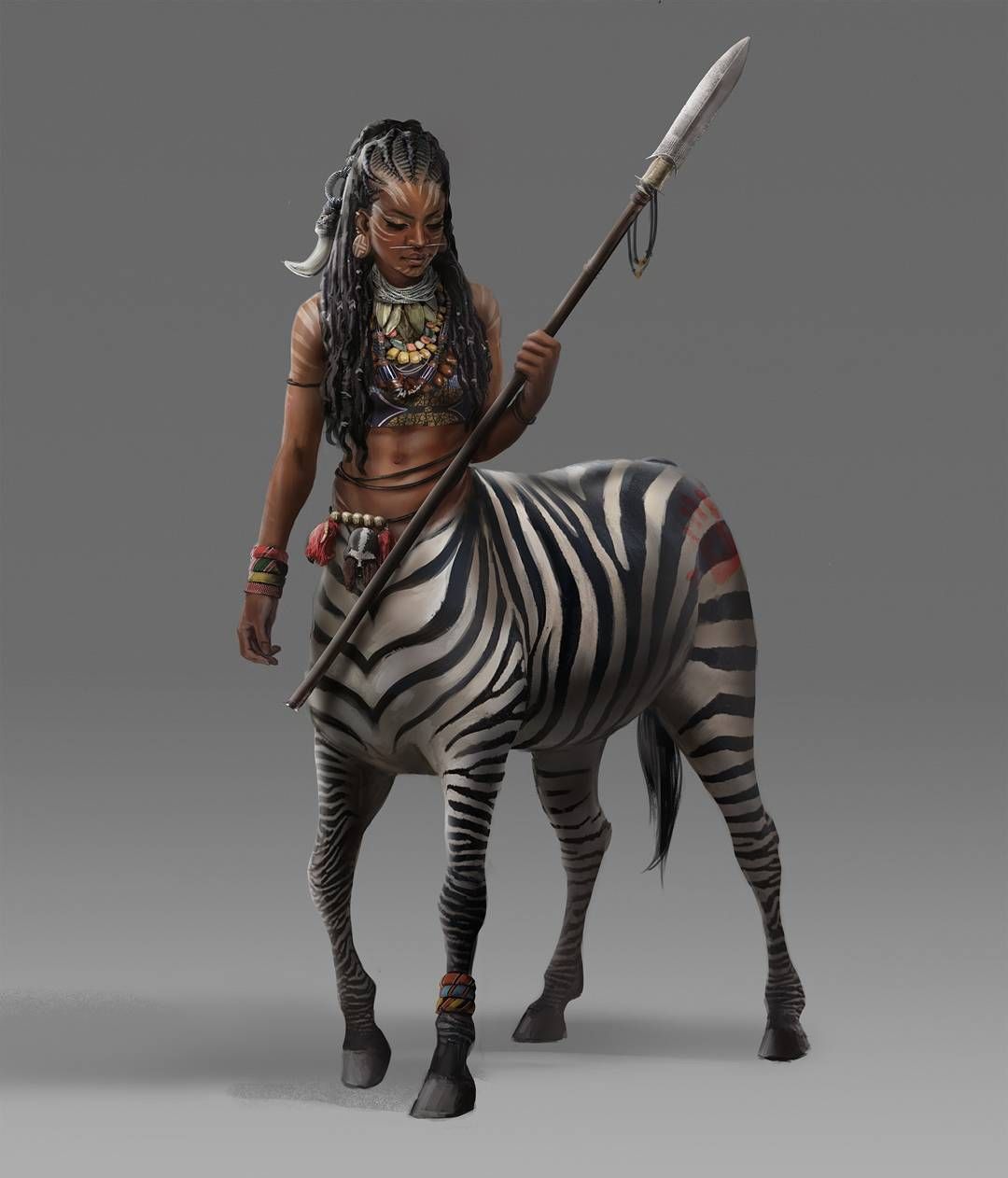
Music
https://youtu.be/fb235FvBMJo
Bạn đang đọc truyện trên: AzTruyen.Top